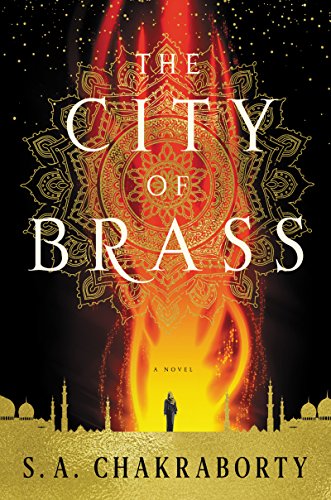Pretty Greene Leaves 🌿 reviewed The City of Brass by S. A. Chakraborty (The Daevabad Trilogy, #1)
None
3 stars
Although the premise is fascinating, the narrative gets bogged down in a rather arbitrary (and massively age-gapped) romance, as well as some extremely inconsistent characterization for the protagonist. One minute, she's a bold and daring street hustler, the next she's suddenly gullible and helpless, and the next she is inexplicably head-over-heals for a man she hardly knows.
I had really high hopes for this book, but was ultimately pretty disappointed. It feels like there is a really good book in here, but a few darlings needed to be killed (like that romance), and the characterizations needed to be cleaned up.
That said, the world building is pretty interesting, and it kept me reading to the end.
Although the premise is fascinating, the narrative gets bogged down in a rather arbitrary (and massively age-gapped) romance, as well as some extremely inconsistent characterization for the protagonist. One minute, she's a bold and daring street hustler, the next she's suddenly gullible and helpless, and the next she is inexplicably head-over-heals for a man she hardly knows.
I had really high hopes for this book, but was ultimately pretty disappointed. It feels like there is a really good book in here, but a few darlings needed to be killed (like that romance), and the characterizations needed to be cleaned up.
That said, the world building is pretty interesting, and it kept me reading to the end.





